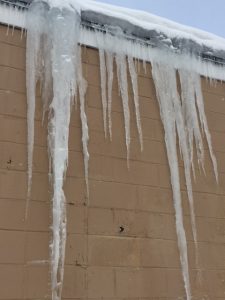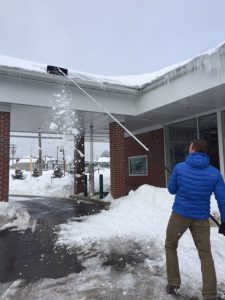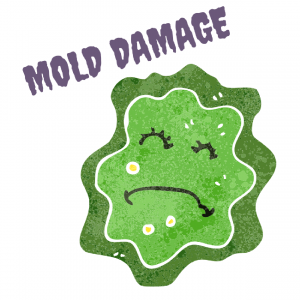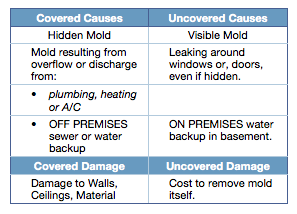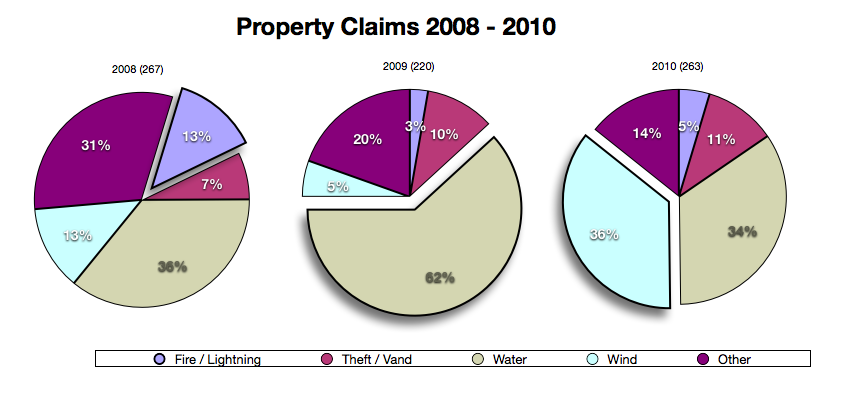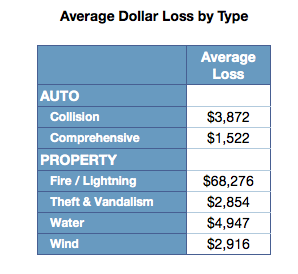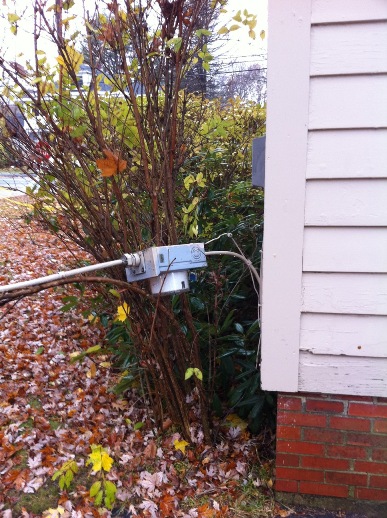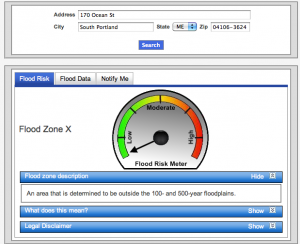On March 30, Epsilon, one of the world’s largest email marketing companies, reported a breach of their system. Epsilon sends more than 40 billion emails a year to consumers who register on one of their clients’ websites or who give their email addresses while shopping.
Have You Received an Email Like This One?
“Dear Valued Customer,
On March 30th, we were informed by Epsilon, a company we use to send emails to our customers, that files containing the email addresses of some [company name here] customers were accessed without authorization.”
Millions of people have. As of April 18, 2011, clients of more than 100 companies and brands have been hit, including big names like GlaxoSmithKline, Shell, Radio Shack, PacSun, Capital One, JPMorgan Chase, J. Jill, Sears, Crate & Barrel, Walgreens and Abercrombie & Fitch.
According to Epsilon, the breach was limited to email addresses or customer names only; they report that no other personal identifiable information was stolen. Despite that, many security experts are concerned about the implications.
Having even a person’s email address and their spending habits or favorite brands may make it easier to craft a sophisticated phishing attack. For example, you could get an email that appears to be from a company you know and trust, asking you to log in and provide information that may seem harmless. This nefarious technique is called “spear-phishing”.
Prevent Phishing Attacks
1. Stay on guard – especially now. Be extra careful about where you click and what information you enter on a website.
2. Scrutinize emails from any company. Look for typos and strange URLs. Look at the email address of the sender. Don’t click on those links!
3. Call the company in question if you get a suspicious email,. No company should be asking you for sensitive information by email.
If you have questions about identity theft in Maine, contact Noyes Hall & Allen, a Maine Trusted Choice independent insurance agent. If you’re looking for Maine data breach business insurance, our business insurance specialists can help. Call us at 207-799-5541.
Thanks to Steve Anderson for sharing these tips, which we’re sharing with his permission.


